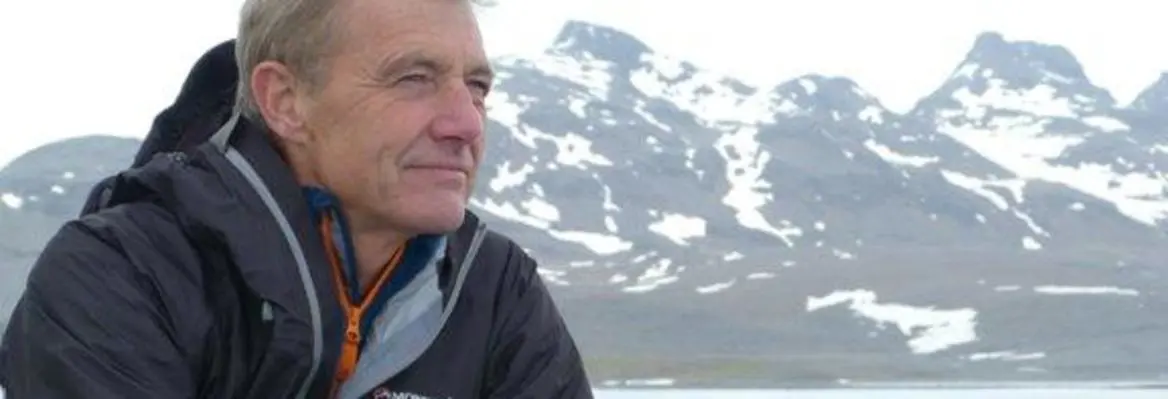Paul Rose is an explorer, television presenter, polar guide and expedition leader. He is Vice President of the Royal Geographical Society and Chair of the Expeditions and Fieldwork Division. For over 30 years, he has helped scientists explore some of the most remote and inhospitable regions in the world, and he has worked regularly with the BBC and National Geographic.
We asked him about risk-taking, health and safety, and humanity’s increasingly estranged relationship with the environment.
Should we take more risks in life?
Yes! It’s a healthy state of mind to accept that life is risky and indeed to go out there looking for some trouble. This keeps us sharp, alive and in tune with nature.
Which risks do we avoid taking the most?
The lack of taking personal responsibility is a modern society plague. People are constantly hiding behind health and safety regulations as a way to avoid personal responsibility. Most of the health and safety regulations are very sound indeed – but there is a fashion for “gold plating” them and using this as a way to avoid responsibility.
We are in danger of becoming a society where all injuries, accidents and discomfort in our lives are someone else’s fault.
What difference does a few years make if we are all going to die anyway?
It depends what our quality of life is: I have a high quality of life and to lose a few years would be unwelcome. But if things change and my quality of life deteriorates, then I would welcome an early departure.
Obviously it all depends how we meet our end: If we are doing something fabulous then who cares if at that moment we have a swift exit? Rather that than lying in a hospital bed.
Should we encourage the pursuit of a long life?
Yes – but not at the exclusion of a full life. We absolutely must embrace our lives and get on with things.
Is the desire to live a longer life just a post-religious pipe-dream for immortality?
It makes sense that this must be part of it but if we are living a good life and are happy, healthy and active then who can blame us for not wanting it to end? But the post-religious pipe-dream is based on fear and I say we must live without fear and celebrate the hazards, dangers and challenges on the way!
Is the amount of danger we feel we are in proportionate to the threats we face?
Not at all. It’s only an apparent risk: too many people live a fearful life because they assume that life would be intolerable without a good pension, life insurance, health insurance, investments. They see and feel danger at every step and want to cover every possibility of providing safety and therefore live a fearful, flat-line, danger-filled life.
Does taking a heroic, risk-taking attitude to life make one selfish?
No. It’s only right that we take charge and control of our own lives. It’s also a way of testing oneself in preparation for real challenges which lay ahead. Explorers, field scientists, and athletes are all good risk takers and they tend to have a positive attitude to handling difficulties.
Why do you think that offices are dangerous places?
Because they have the illusion of being safe: most office workers will assume that office safety is someone else’s responsibility. Which means it’s easy for us to turn off our natural instincts and just assume that every piece of equipment has been tested, that the fire response plans are all perfect and that the first aid box contains all of the right things.
When does a risk become an adventure?
When it starts to go a bit wrong! We can evaluate the risks before we start and prepare controls as necessary. But it’s the remaining unseen, unexpected things are the real risks and when these things start to happen then you have a real adventure on your hands.
When did you feel most alive? Do you feel most alive when you are in the most dangerous situations?
When I am physically challenged I become alive. I live for that “flow” – the sense of movement in remote places. In dangerous situations I just have to rely on my experience, intuition and physical capabilities.
What is the biggest threat to our sense of adventure?
Risk Assessment
Why taking risks makes us feel most alive.

5th December 2013
Want to continue reading?
Get unlimited access to insights from the world's leading thinkers.
Browse our subscription plans and subscribe to read more.
Already a subscriber? Log in














Join the conversation